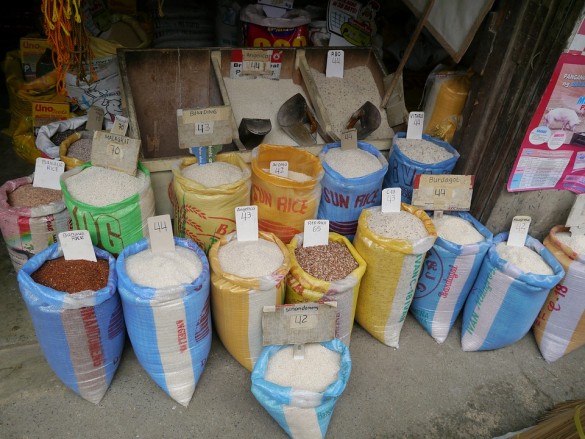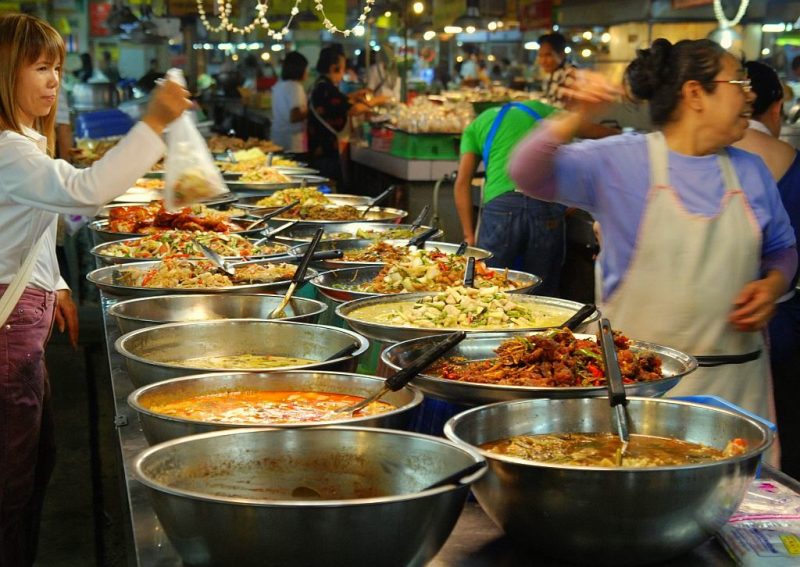From human error to poor factory conditions or more serious malicious sabotage, food scares can emerge from just about anywhere, impact consumer trust and damage public health. Indonesia has had its fair share of these.
In a world where every incident is increasingly globalized, a food safety problem arising from one region can easily spread across different countries. Food safety and prevention of scandals and disease outbreaks are viewed as international public affairs. Management of a nation’s food security requires global coordination and collaborative efforts.
Despite considerable improvement in global surveillance, the underreporting of food scandals remains a problem in most countries. In developed nations such as those in Europe, private regulations are more often than not more stringent than their public counterparts. Producers ensure both the quality and safety of their products because they are aware of how such scandals can negatively impact their public image and business at large. Egregious scandals can even sink a company.
The Case of the Formaldehyde-Laced Noodles
In 2005, authorities discovered that 60 percent of noodle shops, roadside street restaurants and food carts in Jakarta were serving food laced with formaldehyde, a chemical used to manufacture fungus killers and fertilizers. It’s also used to embalm dead bodies.
General Firman Gani, the then-police chief of the capital, immediately launched raids meant to shut down the large suppliers. Gani wanted to spread awareness of the consequences faced by formaldehyde offenders that included large fines and a maximum 15-year jail term, if found guilty.
After a four-year silence on the issue, cases of formaldehyde in food again emerged in 2011, when authorities discovered formalin-laced foods at traditional markets in Trenggalek in East Java; Lampung and Palembang in South Sumatra; Klaten in Central Java and Banda Aceh in Aceh province.
The formaldehyde food scandal pervaded not only the archipelago but also other Southeast Asian countries where tourists and expats retell stories of formaldehyde-laced beers rampant in Vietnam, Thailand, the Philippines and of course Indonesia.
Jakarta’s Food and Drug Office authorities warned the public how even in low doses the corpse-preserving chemical can cause burning in the eyes, throat and nose, while higher concentrations are capable of causing kidney problems, nausea, coma and even death.
The Story of the Plastic Rice
In May of last year, President Joko Widodo called for calm when a scare emerged over rice contaminated with plastic grains across the archipelago emerged. Authorities from Aceh to South Sulawesi provinces and Java conducted random inspections on rice samples.
Lab test results on rice samples from Bekasi, West Java revealed traces of polyvinyl chloride, a synthetic plastic polymer that is widely used to manufacture various plastic products including pipes, bottles and others.
The stallholder where the sample was taken had earlier suspected something was wrong when she and her customers complained of upset stomachs after consuming her merchandise. A similar case was reported in Medan, North Sumatra, where a girl complained of suffering from stomach pains reportedly after eating contaminated rice.

At 140 kg of rice per person each year, Indonesia has the largest per capita rice consumption in the world. While Jokowi aims to make the country self-sufficient in rice, its economy remains incapable of producing enough to feed its population of more than 250 million.
During the plastic rice scandal, Agriculture Minister Amran Sulaiman called for his countrymen to patronize local produce, while Trade Minister Rachmat Gobel relayed this concern to China’s deputy commerce minister at the Philippines meeting for APEC leaders.
The Beef Import and Sex Scandal
In 2013, the world’s most populous Muslim-majority nation was shocked with news that shattered the untainted reputation of Indonesia’s biggest Islamic party. An anti-corruption court sentenced Luthfi Hasan Ishaaq, president of the Prosperous Justice Party (PKS) to a 16-year jail term.
The PKS president was found guilty of money laundering and bribery after receiving kickbacks from Indoguna Utama in exchange for pressing the agriculture ministry to significantly increase the company’s beef import quota. His top aide Ahmad Fathanah was caught paying for sex with a college student in a hotel, and soon admitted to laundering bribe money by giving gifts such as cars and diamonds to 45 women, including an adult magazine model and other female celebrities.
The ‘Beefgate’ story, where two more executives from the company were sentenced to separate jail terms, was a gigantic controversy whirlwinding around a scandal of epic proportions. That’s saying a lot, considering that the archipelago witnesses a revolving door of corruption scandals like clockwork each year.
The Cooking Oil Waste Management Scare
In 2011, reports on the country’s lack of regulation on waste oil disposal emerged. Stories of suppliers and vendors reselling used cooking oil to the public got the attention of authorities who immediately made the public aware of how the use of the compromised substance can seriously damage not only the human body, but the environment as well.
Today, some 15 cubic metres of used cooking oil are dumped into Bali’s rivers, waste centres and open lands every week, while thousands of gallons of used oils (cleaned of solids) are widely resold by middlemen to street food stalls and warung.
Caritas country representative Thorsten Reckerzugl confirmed that consumption of used oil increases the risks of heart disease, stroke, cancer, Alzheimer’s and Parkinson’s, while the malpractice of dumping used oil into the environment brings serious damage and terrible impacts to the planet.
The international social support foundation Caritas has spent millions of dollars in donor funds to help solve these issues. The foundation is also collaborating with hotels and restaurants to increase awareness about using recycled oil in biofuel for generators and shuttle vehicles.
The complexity of the food supply chain makes it inevitable that more cases of food scares will likely occur in Indonesia for years to come. While some cases are beyond the control of retailers, the food industry at large can learn a lesson or two from past incidents. Stakeholders can implement proactive methods of protecting the country’s vital commodities such as rice, noodles and beef, among others.
Prompt product recalls, implementation of accountability and closer collaboration between suppliers and producers throughout the supply chain should help identify problems at the onset. These efforts can also help determine appropriate resolutions. The prospect of a food scare in the country can be a shivering thought, but surely the industry should be able to equip itself with the right tools to protect consumers.




